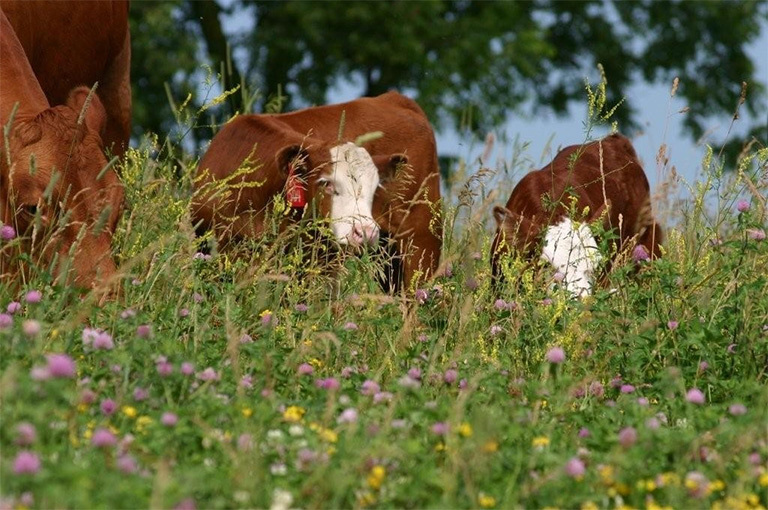
On Friday (15th of July) we joined forces with a number of NGOs to organise an event aimed at achieving a broad representation of animal interests in international policy discussions.
Along with the World Federation for Animals (WFA), the International Coalition for Working Equids (ICWE) and the Animal Issues Thematic Cluster (AITC) we organised an event at the High-Level Political Forum on Sustainable Development with the aim of achieving a broad representation of animal interests in international policy discussions. It called on governments to prioritise animal welfare policies to prevent future pandemics.
Building back better
The event – Building back better: Animal welfare, environment & sustainable development - brought together an audience of diverse stakeholders who heard four speakers on the essential role of a ‘one health approach’ that considers human, animal and planetary health in working to achieve the Sustainable Development Goals (SDGs).
Speakers included Damptey Asare, High Commissioner of Ghana, Natalia Cediel-Becerra, member of the One Health High-level Expert Panel, Carmen Capriles, feminist and environmental activist, Cleo Verkuijl, Research Fellow at the Stockholm Environment Institute, and moderator Urmi Goswami, special correspondent at The Economic Times.
The panellists specifically looked at how improving animal welfare can help tackle the impacts of the biodiversity loss, climate change, and pollution environmental crises and prevent the emergence of future pandemics.
Future pandemic prevention
Our report launched in April 2020, called Is the next Pandemic on our Plate, highlights how we must change the way we farm and eat in order to prevent the next pandemic. It outlines the urgent need to move away from intensive agriculture, which provides the ideal breeding ground for diseases, and towards systems that are safer for people, animals and the planet.
Natalia Cediel-Becerra, a member of the One Health High-level Expert Panel, who spoke at the event, said: “We are stating that One Health needs to recognise that the health of humans, domestic and wild animals, plants and the wider environment are linked and interdependent.
“There is a responsibility for humans to change their behaviour and to adopt sustainable solutions that recognise the importance of animal welfare and the integrity of the whole ecosystem”.
Read more about how factory farming is driving a growing public health crisis.
